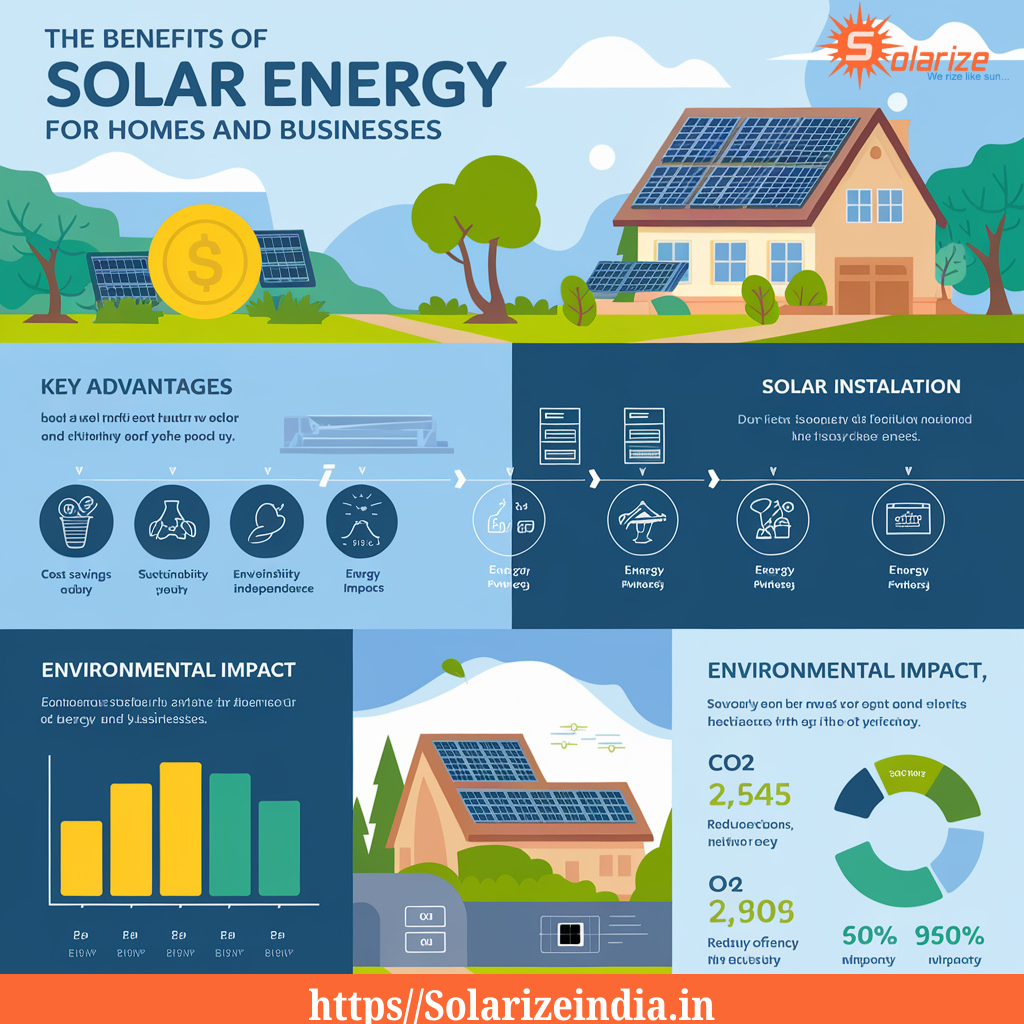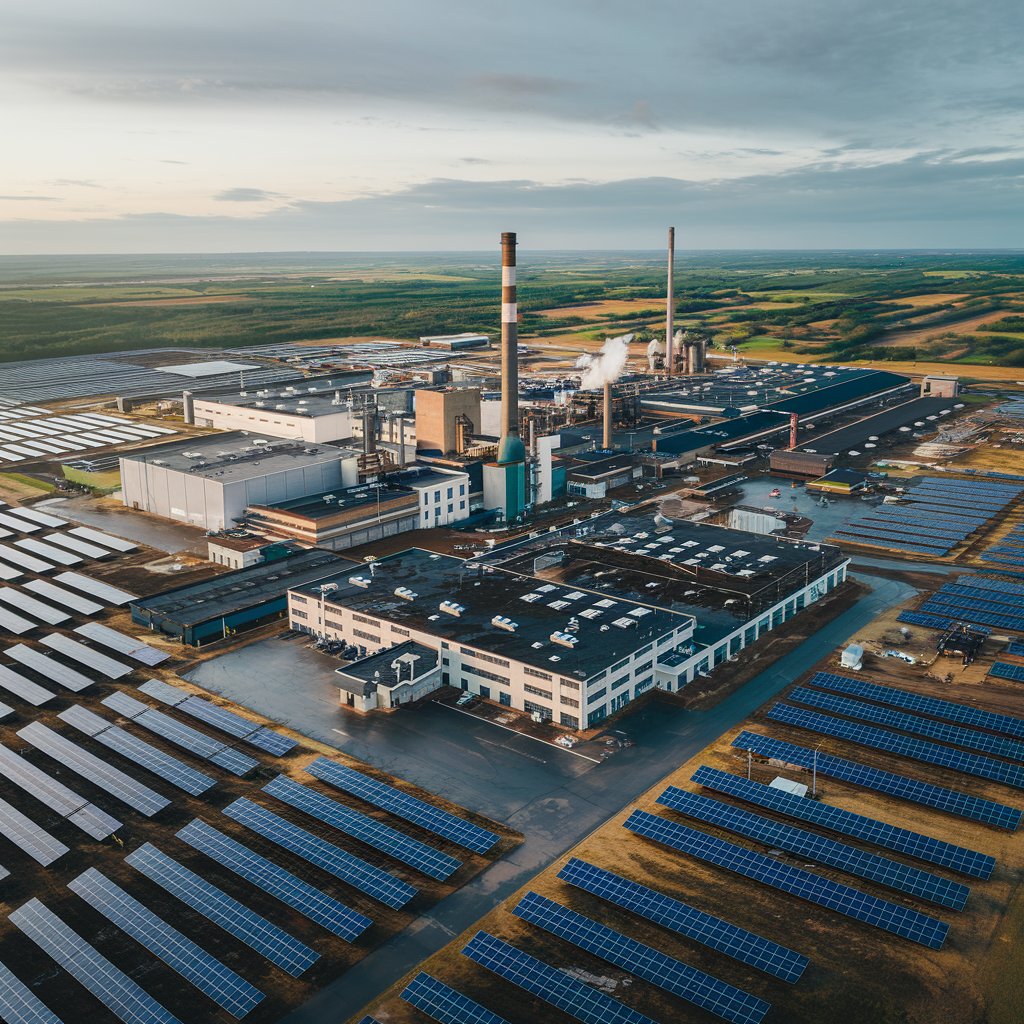About 54% of the world’s delivered energy is consumed by the industrial sector, which uses more delivered energy294 than any other end-use industry. Energy-intensive manufacturing, nonenergy-intensive manufacturing, and nonmanufacturing are the three different industry types that make up the industrial sector (Table 7-1). The combination and level of fuel consumption in the industrial
sectors differ between nations and locations based on technological advancements as well as the volume and composition of economic activity.
Process and assembly, steam and cogeneration, process heating and cooling, and building lighting, heating and air conditioning are only a few of the many uses of energy in the industrial sector. Basic chemical feedstocks are also included in the energy consumption of the industrial sector. Agricultural chemicals are made from natural gas feedstocks.
According to the International Energy Outlook 2016 (IEO2016) Reference scenario, global industrial sector energy consumption is expected to rise from 222 quadrillion British thermal units (Btu) in 2012 to 309 quadrillion Btu in 2040, at an average annual growth rate of 1.2% (Table 7-2). The majority of the sustained increase in energy consumption delivered by the industrial sector takes place in nations outside of the
Economic Cooperation and Development Organisation (OECD). The average annual growth rate of industrial energy consumption in nonOECD countries is 1.5% between 2012 and 2040, while in OECD countries it is 0.5%. 73% of global industrial sector delivered energy consumption in 2040 will come from non-OECD industrial sources, which accounted for 67% of global industrial sector provided energy in 2012.
Table of Contents
Why Factories Should Consider Solar Energy
One of the finest ways for a manufacturing company to support sustainable development is to use renewable energy.
1.There are various benefits to using renewable energy sources like biomass, wind, solar, and water. First of all, they will always be available because they are plentiful and not limited resources. In the long run, this makes them more sustainable than non-renewable energy sources like fossil fuels.
2.Second, employing renewable energy aids in lowering air pollution and greenhouse gas emissions, two significant causes of climate change and other environmental problems. Manufacturing companies can reduce their carbon footprint and help create a cleaner, healthier environment by implementing renewable energy sources.
3.Lastly, investing in renewable energy can also lead to cost savings for manufacturing businesses. While the initial installation costs may be higher, renewable energy sources have lower operating and maintenance costs compared to fossil fuel-based energy sources, which can result in long-term financial benefits Solar Energy is cheaper and more effective than ever!
Key ways to reduce solar energy cost
1]Lower Energy Bills: Solar powered factories typically have a rooftop space which can be allocated for the installation of solar PV panels. It can meet a percentage of the electricity requirements of the factory. Solar electricity provides added value especially in the case of factories as it can offset peak consumption.
Example: Depending on usage trends and grid pricing, a medium-sized manufacturing facility in Pune that installs a 500 kW solar system can reduce its monthly electricity costs by between 30 to 50%.
2] Government Incentives and Subsidies:
Through a number of incentives, the Indian government aggressively encourages solar energy:
Capital Subsidies: To lower initial costs, factories might receive subsidies for installing solar rooftop systems.
Accelerated Depreciation: Companies can increase their tax savings by deducting up to 40% of the project cost.
Net Metering: By reusing excess energy produced by the factory’s solar system, credits can be earned, further reducing electricity costs.
3] Minimal Maintenance Costs: Compared to other energy sources, solar systems require less maintenance after installation. They are an affordable long-term investment because regular cleaning and sporadic servicing guarantee peak performance.
4] Reduced Dependency on Diesel Generators: When the grid goes down, a lot of firms depend on diesel generators for backup power. Generator fuel and maintenance expenses are decreased by using solar energy systems in conjunction with battery storage options, which offer a cleaner and less expensive substitute for diesel.
5]Long-Term Energy Price Stability: The cost of solar energy is fixed once the system is installed, but the price of grid electricity is subject to annual increases. Because energy prices are predictable, firms are able to better manage their budgets.
Return on Investment (ROI) of Solar Systems for Factories
Payback Period:
Depending on the project’s size and the relevant incentives, industrial solar systems in India often pay for themselves in three to five years. For the remainder of the system’s life, which is usually more than 20 years, industries benefit from free electricity beyond the payback period.
Case Study: Practical Use of Solar Energy Savings
At an initial cost of ₹5 crore, a 1 MW solar rooftop system was constructed at a textile factory in Gujarat. The plant paid for itself in five years, saving ₹1 crore a year on electricity expenditures. It anticipates saving an extra ₹15 crore over the following 15 years, proving the enormous return on investment potential of solar energy.
Environmental and Operational Benefits

1. Support for the Sustainable Development Goals
By using solar energy, manufacturers can lessen their carbon impact and support global sustainability objectives. A 1 MW solar project, for example, can offset about 1,200 tonnes of CO2 per year.
2. Less Reliance on the Grid
By using solar energy, factories may operate continuously even during power outages and become less dependent on the grid. Businesses with high energy requirements or those situated in regions with erratic electricity supplies can especially benefit from this.
3. Improved Company Image
Adopting renewable energy improves a factory’s reputation as an ecologically conscious business. This might provide you a competitive edge in the market by drawing in eco-aware customers and investors.
Success Stories of Solar Adoption in Factories
1. The Automobile Sector
By installing a 2 MW solar power plant, a Tamil Nadu-based manufacturer of car components was able to cut its energy expenses by 40%. The company was also recognized for its dedication to sustainability as a result of the effort.
2. The Textile Industry
In order to create extra income, a garment manufacturer in Rajasthan used net metering to sell extra energy produced by its solar rooftop system back to the grid.
Overcoming Challenges in Solar Adoption
Even though solar energy has many advantages, industries may encounter difficulties like:
High Initial Costs: Some businesses may find the upfront investment prohibitive, despite the availability of incentives and financing options.
Space Requirements: In order to install solar panels, factories must have enough land or rooftop space. Solar carports are one creative way to get around this restriction.
Knowledge and Experience: Adoption of solar energy may be hampered by a lack of knowledge regarding governmental regulations and technological know-how. A seamless switch to solar energy is ensured by collaborating with knowledgeable suppliers such as PV Solarize Energy System Pvt Ltd.
Conclusion: Why Solar is the Future for Factories
Solar energy is a game-changing solution that tackles the twin problems of growing energy costs and environmental sustainability. It is more than just an alternative power source. Indian manufacturers may save a lot of money, improve operational effectiveness, and help the environment by investing in solar energy.
Act Now: PV Solarize Energy System Pvt Ltd provides specialized industrial solar solutions that are suited to your requirements if you’re prepared to unleash the advantages of solar energy for your production. To begin your path to sustainable and economical operations, get in touch with us right now.

